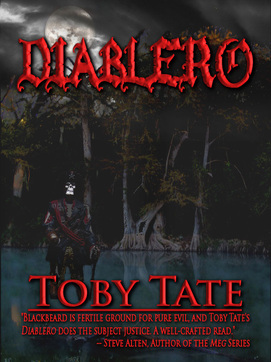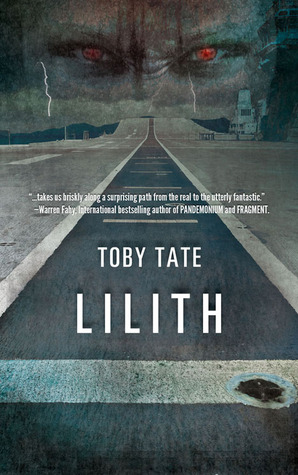In my last book, LILITH, I wanted the reader to feel like
they were there on the USS Gerald R. Ford with me. Being ex-navy, I spent many
a day sailing the ocean blue on several different ships, so that experience
came in quite handy when it was time to write. I also managed to spend some
time aboard a carrier, the USS Harry S. Truman, which was pretty awesome. I got
to stand right out on the flight deck while the jets were taking off and
landing, rattling my bones until I thought they would fracture. The picture
below is one I took myself of a navy jet landing in 2010.
For LILITH, I researched several different types of weapons
used by Special Forces and CIA, the CIA and its methods, nuclear fission and
nuclear power, DNA and genetic mutation, animal tracking, New York City,
especially Manhattan Island and its layout, the abandoned New York City subway tunnels,
hurricanes and weather patterns, the offices and buildings used by the mayor of
New York, the type of security used by the mayor, on and on and on. I used Google
maps to see exactly what the parks and buildings looked like at street level
and videos to see what the abandoned subway tunnels were like. I even enlisted
the help of a retired navy commander to get my facts straight about the USS Gerald
Ford, which has yet to be commissioned.
The research itself took a good six months, the writing
another six months. In the end, I had to cut 10,000 words out of the book to
secure a contract with DarkFuse, most of it having to do with the back story, via
the musings of the ship’s chaplain, Commander Crane, of the creature that takes
over the ship. But it was worth it, because the back story will be fleshed out
in the sequel, PRIMORDIAL, which I am now writing.
For PRIMORDIAL, as with all my other books; DIABLERO
(Nightbird Publishing, Oct. 2010), GOD PARTICLE (Crossroad Press, June 2013), and
THE BLACK CHURCH (DarkFuse, Dec. 2013), I did most of the research beforehand. Most
of the action for PRIMORDIAL will be set on the island of Crete in the
Mediterranean, but there are also scenes in Romania, Turkey, Egypt, Syria,
Sicily, and Washington D.C.
Since I am not an archeologist and have limited knowledge on
the subject, I enlisted the help of archeologists and geomorphologists from
Boston U. and NC State, and even picked up a book about the basics of
archeology, just so I could get the jargon right. I looked at videos of several
different dig sites on Crete, researched modern Crete and its ancient Minoan
civilization, which figures heavily in the plot, and did more research on the
CIA, nuclear radiation, DNA and genetic mutation. And that’s just the basic
stuff.
Sometimes it seems like the research will never end. I just
want to turn off the computer and say, “Forget it! I’m going fishing!” But even
though I make my share of mistakes, I am a stickler for realism, and getting
it right. If I say, “He walked through the gate and into the park,” you can be
sure that I have either been there, or I looked it up on a recent video or
photo and saw a gate in front of that park.
But in spite of all the necessary research, a writer can’t
forget the most important element of any story: the human element. But I’ll
save that for next time.
Are you a writer? Do you do a lot of research before you
write? How do you go about it? Leave me a comment and tell me about it. If you
have a question about research, feel free to leave a comment, as well.
For more information on me and my books, find me on the web
at www.tobytatestories.com. Thanks
for reading!








